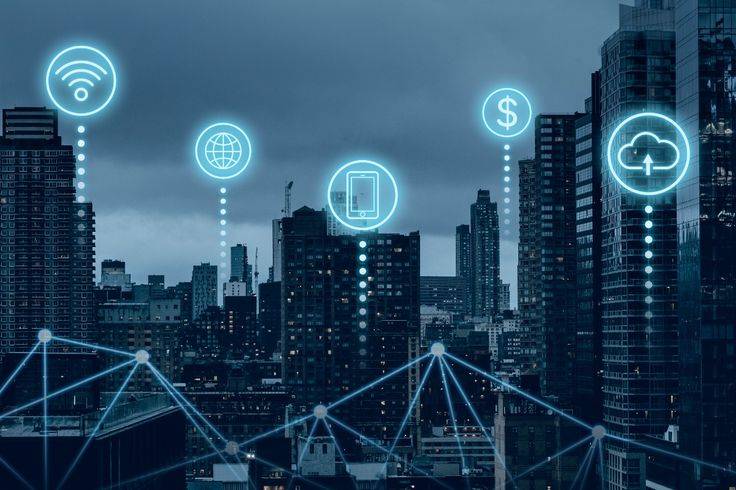The Evolution of Building Automation: A Journey through the Ages

The Internet of Things (IoT) has emerged as a revolutionary force in the realm of building management. This blog explores the profound impact of IoT on building management systems, connecting the dots to enhance efficiency, sustainability, and occupant experience.
Introduction
The IoT refers to a network of interconnected devices embedded with sensors, software, and connectivity that enable them to collect and exchange data. In the context of building management, IoT devices play a transformative role in creating intelligent and responsive environments.
Transformative Applications of IoT in Building Management
- Real-time Monitoring: IoT devices continuously monitor various aspects of building operations, including temperature, occupancy, energy consumption, and equipment performance.
- Predictive Maintenance: By analyzing data from IoT sensors, building managers can implement predictive maintenance strategies, addressing potential issues before they escalate and minimizing downtime.
- Energy Optimization: IoT devices contribute to energy efficiency by dynamically adjusting lighting, heating, and cooling systems based on real-time data and occupancy patterns.
- Occupant Comfort: Smart sensors in IoT devices enhance occupant comfort by adapting environmental conditions to individual preferences and optimizing lighting levels.
Integration Challenges and Solutions
While the potential benefits of IoT in building management are significant, integration challenges such as data security, interoperability, and scalability must be addressed. Robust cybersecurity measures, standardized communication protocols, and scalable IoT architectures are key components of successful integration strategies.
Case Studies: Real-world Success Stories
Highlighting real-world success stories showcases the tangible impact of IoT on building management. Case studies can include examples of improved energy efficiency, enhanced occupant satisfaction, and cost savings achieved through IoT implementations.
Future Trends in IoT and Building Management
Looking ahead, the integration of edge computing, artificial intelligence, and 5G connectivity is poised to further elevate the capabilities of IoT in building management. These advancements will enable more sophisticated data analytics, real-time decision-making, and the creation of truly intelligent and responsive building ecosystems.
Conclusion
The impact of IoT on building management is transformative, ushering in an era of intelligent, efficient, and sustainable structures. By connecting the dots between IoT devices and building operations, organizations can unlock new levels of efficiency, reduce environmental impact, and create environments that prioritize occupant well-being.
